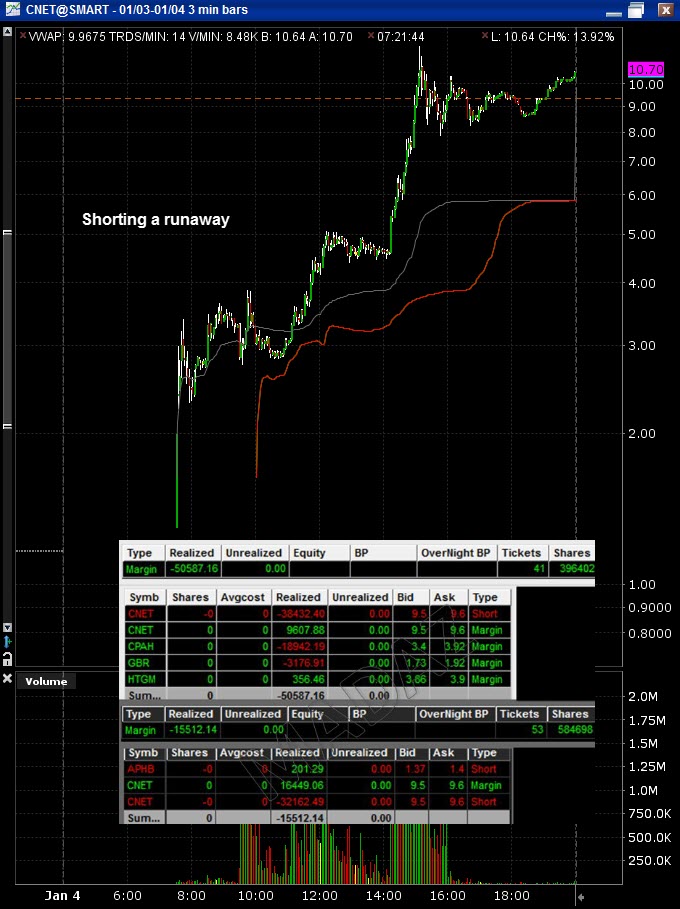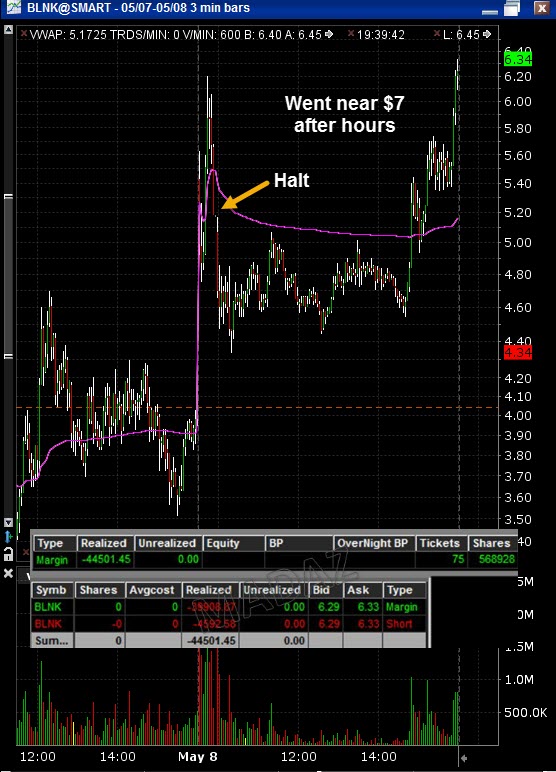Episode 120 -- Mebane Faber (72:32)
- Biotech equity analyst [which firm?] while going to grad school
- Moved to LA in 2006
- Started Cambria 2007
- Chatted about stocks with his father growing up
- Worked for a CTA
- Interested in trend following
- [What is Cambria? Research maybe? Not clear....]
- Money management, ok they have mutual funds
- Enjoys skiing
- Everything they do is rule-based, quantitative
- Value investing + trend following the ideal
- Mutual fund managers skim 1.25% [How much does Cambria skim?]
- Fund managers know their product is expensive and tax-inefficient, so they don't buy it
- Triumph of the Optimists (his favorite book)
- Global Investors Yearbook by Credit Suisse (great, free resource)
- 5-2-1 Rule ... Stocks 5% Bonds 2% Bills 1% (real long-run returns)
- Market-cap-weighted indexes, price of the stock times shares outstanding
- US is half of world market cap
- Home country bias, gives you concentration risk
- [Does Faber have a CFA?]
- Maybe 20% of the stocks contribute all the positive returns
- It's the best time to be an investor in the history of investing (low cost portfolios)
- Robo-advisors -- re-balance for you, tax-manage them for you
- Fund business very predatory, high fees, tax inefficient
- There are even ETFs now that have a negative expense ratio
- Index funds -- market-cap-weighting, low turnover, low cost
- Change weighting methodology, you'll outperform market-cap-weighting
- Start with US 60-40, then add global, then add real assets
- Then move away from market-cap-weighted to momentum (trend following) and/or value
- Wealthfront, Betterment [never heard of them]
- Most people don't have a written investment plan
- Emotional component of long-term investing the hardest, people panic
- January 2000 the AAII survey was at its most bullish ever (greed)
- March 2009 the AAII was at its most bearish ever (fear)
- Why pay an advisor 1% a year? [Big expense best avoided]
- 10-year PE ratio as anchor, gives you common sense check (CAPE ratio)
- Japan was half of global market cap in the late 1980s
- Correct mathematical choice is to invest all of your money right now (global multi-asset class portfolio)
- Rebalance tax efficiently
- Afraid he's putting listeners to sleep
- Taxes (high turnover) and fees (high fees) way more important than asset choices
- Hedge funds sexy but taxes and fees are killer
- Average mutual fund fee 1.25% would kill the best performing portfolio to worst performing over the long term
- People should think about fees (and taxes) and almost nothing else
- People struggle with their emotions the most
- They don't teach personal finance or investing in high school or college
- They don't teach how to manage money in school
- Mutual fund salad -- people hold 30 funds ... just sell everything and start over (consider taxes)
- People outside US esp. killed by fees (no Vanguard)
- www.mebfaber.com
- Twitter: @mebfaber















